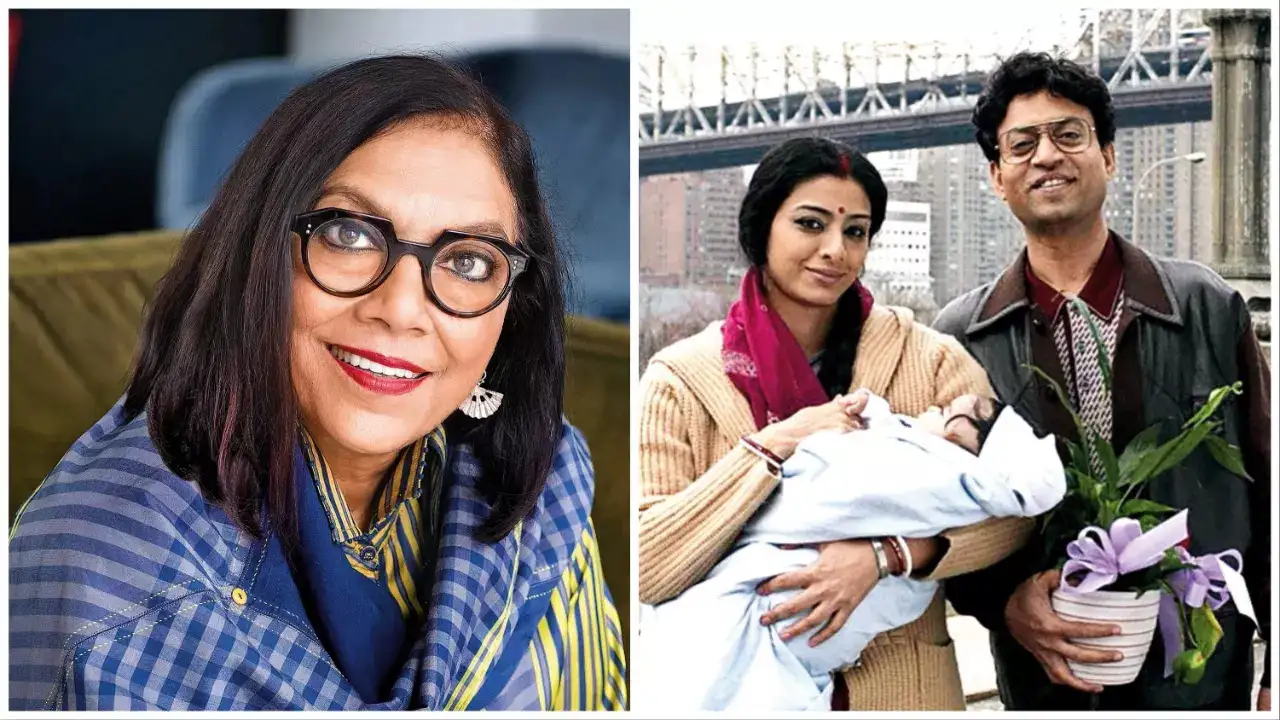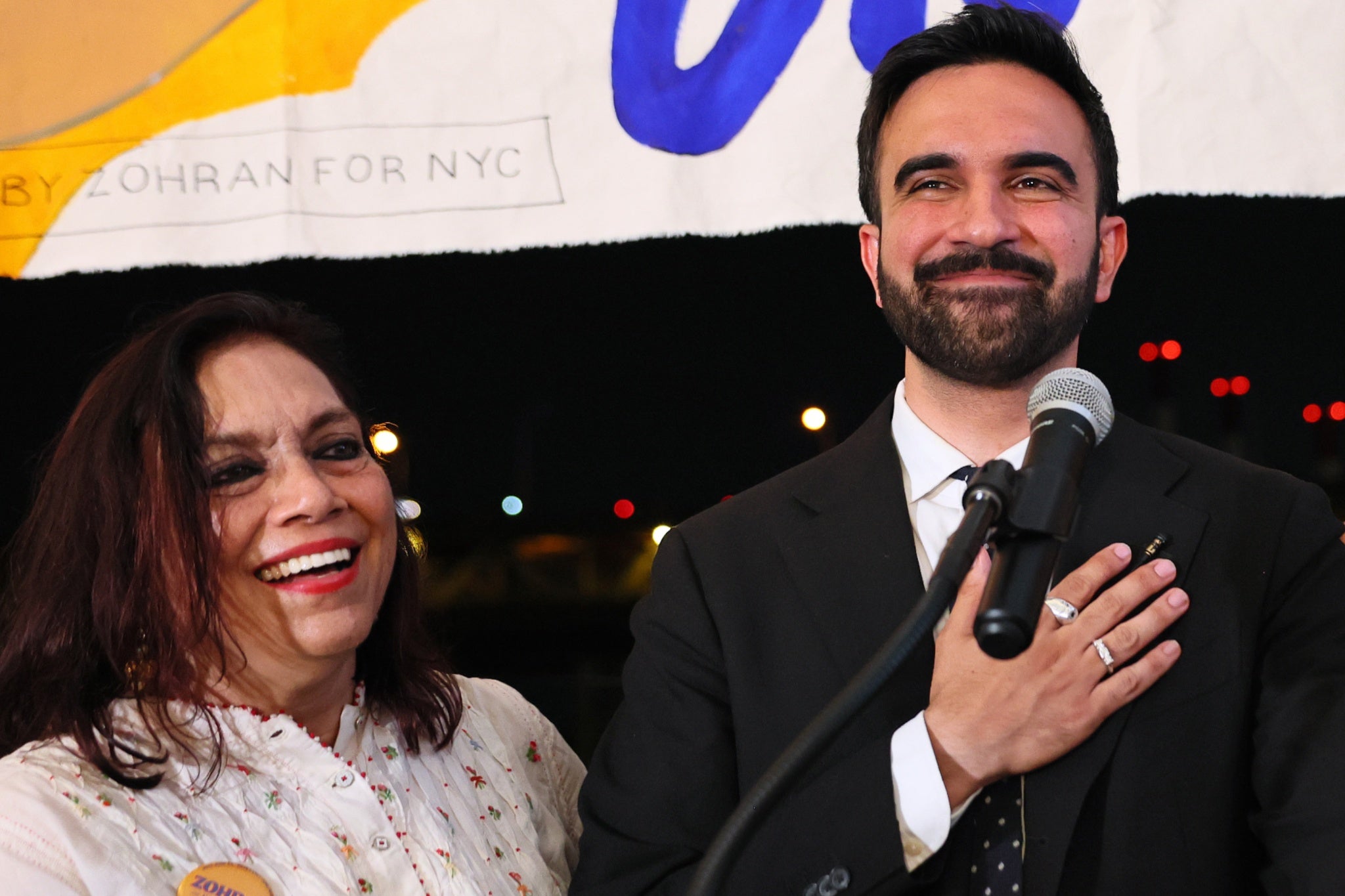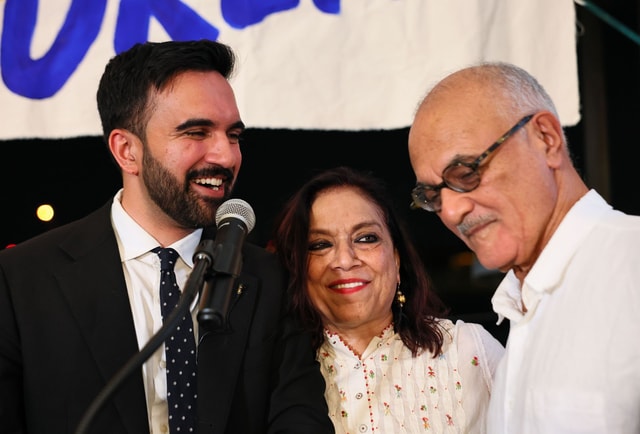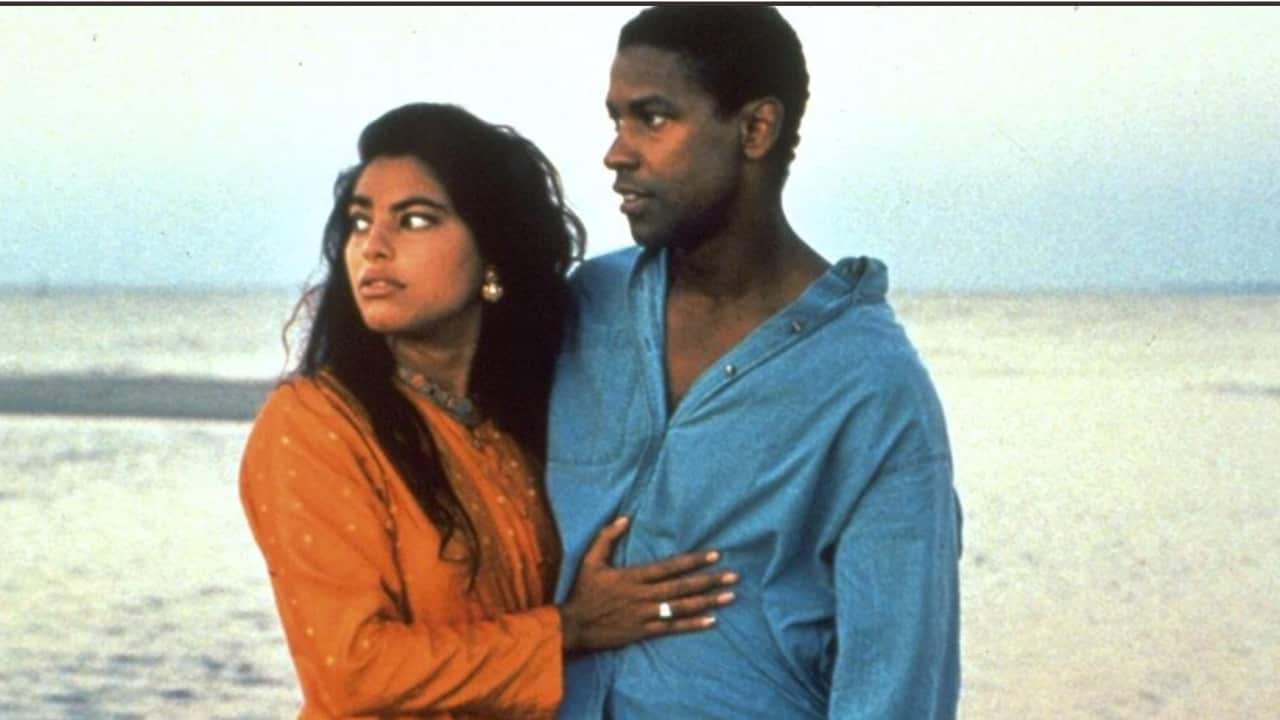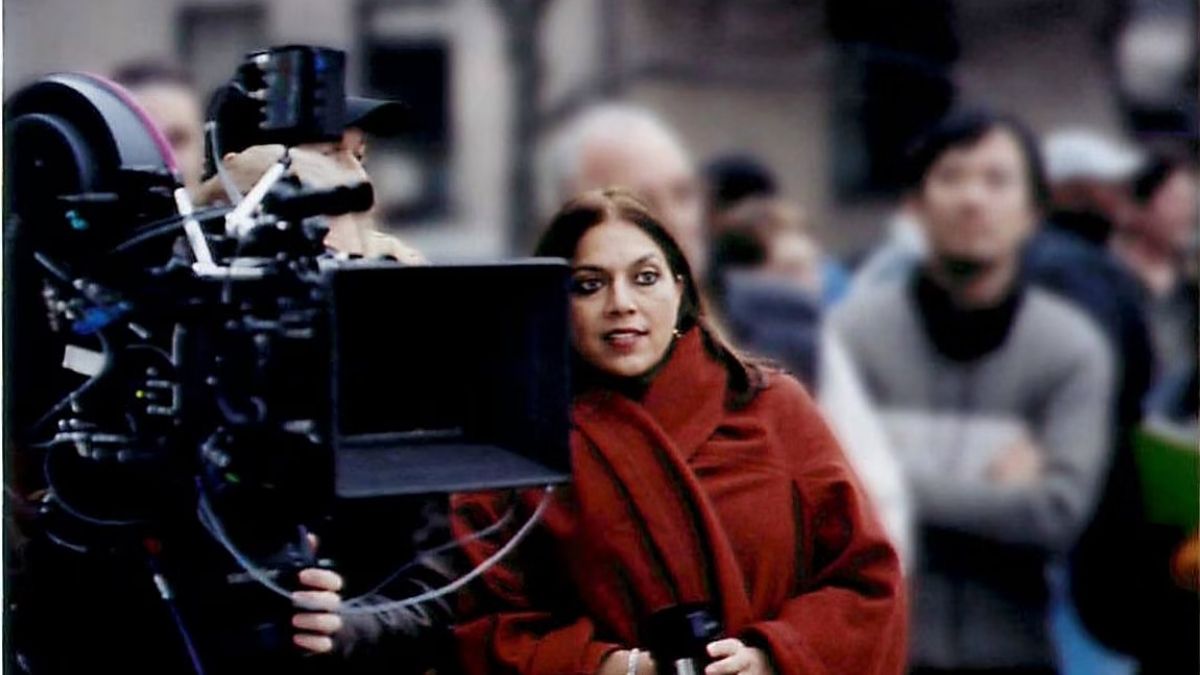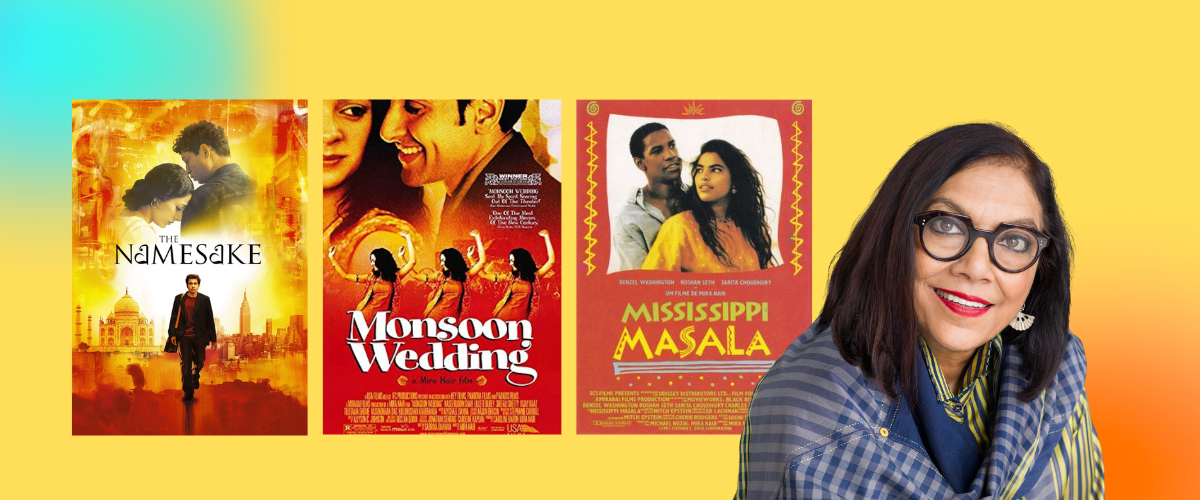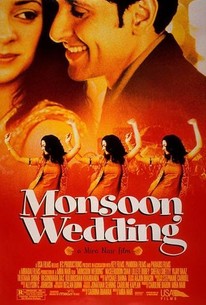Queens Coup D’État: How the 2025 Off-Year Election Accidentally Became the Midterms
It wasn’t the midterms last night, technically. But tell that to anyone who woke up this morning scrolling through their news feed, wondering if they’d accidentally slept through 2026. Because the political energy, the panic in cable news green rooms, and the smell of burnt polling models in the air could only mean one thing: something seismic just happened.
And it happened in Queens — the United Nations of boroughs, where you can buy samosas, empanadas, and pierogis on the same block, and argue in seven languages about rent control.
When Queens Sneezes, the World Catches a Cold
The big story: Zohran Mamdani won. Again. Not just won — obliterated, while speaking three languages and quoting both Marx and Mets statistics in the same sentence. For the capital city of immigrants, this was less a local election and more a referendum on America’s cultural immune system.
Trump’s camp, meanwhile, treated this as a minor procedural hiccup — like losing Florida. Twice. “Queens doesn’t count,” said one anonymous strategist, before adding, “Also, where exactly is Queens?”
But for anyone with a map and a clue, the symbolism was devastating. The world’s most diverse square miles just collectively declared: “You can’t build a wall around us.”
Tariffs, Courts, and the Great Decapitation
Meanwhile, in Washington, the tariff saga continues like a bad telenovela. Two courts have already told Trump, “You can’t just wake up and tax Canada because you had a dream about steel.” The Supreme Court now has the ball.
If they uphold those rulings — declaring the tariffs illegal — it won’t just be an economic event. It’ll be the political equivalent of yanking the plug on a karaoke machine right before Trump’s encore.
Sure, he can go to Congress and get the tariffs legalized. But that’s not the point. The real issue is the separation of powers — a concept Washington insiders recently Googled again just to make sure it still existed.
If SCOTUS sides with the Constitution, Trump’s momentum won’t just slow down; it’ll get decapitated. And that’s before the next election cycle even begins.
The Phantom Midterms
It’s as if the country just fast-forwarded twelve months. The energy, the anxiety, the champagne-to-tears ratio on CNN — all screamed “midterms.”
Republican strategists woke up this morning feeling like they’d been hit by a blue tsunami that arrived a year early. One unnamed MAGA influencer posted, “The deep state has time-traveled.”
Democrats, meanwhile, are trying to play it cool — which, for Democrats, means infighting over who gets credit for the win.
Immigrants, Assemble!
Queens, in all its glory, is proof that immigration is not a problem to be solved but a superpower to be harnessed. In a few square miles, you can walk through a live-action version of the United Nations cafeteria — only with better food and worse parking.
Every language, every faith, every flavor — all voting on the same ballot. It’s democracy with subtitles. And it just sent a message to Washington: diversity doesn’t dilute America, it defines it.
As one old Bangladeshi man told a reporter outside the polling station, “Trump can keep his tariffs. We export ideas.”
The Rule of Law vs. The Rule of Vibes
Ultimately, this election — and the looming Supreme Court showdown — isn’t just about economics or politics. It’s about whether America still runs on rules or just on vibes.
If the Court says Trump’s tariffs were illegal, it’s a reminder that presidents are not kings. Not even orange ones.
If the Court says otherwise, well, let’s just say Alexander Hamilton will start spinning so fast in his grave he might generate renewable energy.
The Queens Doctrine
So what does it all mean? In the immortal words of a Queens voter interviewed last night:
“This city ain’t changing for nobody. Not presidents. Not tariffs. Not time itself.”
The midterms may not have happened yet — but the mood, the momentum, and the memes say otherwise. The rest of America may be waiting for 2026.
Queens already voted for the future. And it speaks 187 languages.
क्वीन्स का तख्तापलट: जब 2025 का ऑफ-ईयर चुनाव गलती से मिडटर्म बन गया
तकनीकी रूप से देखा जाए तो, कल रात मिडटर्म चुनाव नहीं थे।
लेकिन यह बात किसी ऐसे व्यक्ति से कहिए जिसने आज सुबह उठकर अपने न्यूज़ फीड को देखा और सोचा कि शायद वह गलती से 2026 तक सो गया।
क्योंकि जो राजनीतिक ऊर्जा थी, टीवी न्यूज़रूम में जो घबराहट थी, और हवा में जो झुलसे हुए “पोलिंग मॉडल्स” की महक थी — वह सब सिर्फ एक ही बात का संकेत थी: कुछ बड़ा हुआ है।
और वह बड़ा काम हुआ क्वीन्स में — दुनिया का असली संयुक्त राष्ट्र, जहाँ आप एक ही सड़क पर समोसे, एंपनाडास और पिरोगीज़ खरीद सकते हैं, और किराए के दाम पर सात भाषाओं में बहस कर सकते हैं।
जब क्वीन्स छींकता है, तो दुनिया को सर्दी लगती है
मुख्य कहानी: ज़ोहरान ममदानी जीत गए। फिर से।
सिर्फ जीते नहीं — चूर-चूर कर दिया, वह भी तीन भाषाओं में बोलते हुए और एक ही सांस में मार्क्स और मेट्स (Mets) के आँकड़े दोनों को उद्धृत करते हुए।
प्रवासियों की इस राजधानी के लिए यह सिर्फ एक स्थानीय चुनाव नहीं था, यह अमेरिका की सांस्कृतिक रोग-प्रतिरोधक शक्ति पर जनमत संग्रह था।
ट्रम्प के कैंप ने meanwhile इसे “छोटी तकनीकी समस्या” बताया — जैसे फ्लोरिडा हार जाना। दो बार।
एक अनाम रणनीतिकार ने कहा, “क्वीन्स गिना ही नहीं जाता,” फिर जोड़ा, “और ये क्वीन्स है कहाँ वैसे?”
लेकिन जिन्हें नक्शा पढ़ना आता है, उनके लिए यह प्रतीकात्मक रूप से विनाशकारी था।
दुनिया के सबसे विविध वर्गों ने सामूहिक रूप से ऐलान कर दिया:
“हमारे चारों ओर दीवार नहीं बना सकते।”
टैरिफ, अदालतें और महान सिर कलम
वाशिंगटन में, टैरिफ का नाटक अब किसी ख़राब टेली-नोवेला जैसा लग रहा है।
दो अदालतें पहले ही कह चुकी हैं, “आप बस यूँ ही उठकर कनाडा पर टैक्स नहीं लगा सकते क्योंकि आपने स्टील पर सपना देखा था।”
अब गेंद सुप्रीम कोर्ट के पाले में है।
अगर सुप्रीम कोर्ट उन फ़ैसलों को बरकरार रखता है और टैरिफ को ग़ैर-क़ानूनी घोषित करता है — तो यह सिर्फ आर्थिक घटना नहीं होगी।
यह राजनीतिक रूप से ऐसा होगा जैसे कराओके मशीन का प्लग निकाल दिया जाए ठीक तब जब ट्रम्प अपनी “एनकोर” पर पहुँचें।
ज़रूर, वह कांग्रेस जा सकते हैं और टैरिफ को कानूनी करा सकते हैं।
लेकिन बात यह नहीं है।
असल मुद्दा है — सत्ता के विभाजन का सिद्धांत — जिसे वाशिंगटन के अंदरूनी लोग हाल ही में दोबारा गूगल करके देख रहे हैं कि वह अब भी मौजूद है या नहीं।
अगर सुप्रीम कोर्ट संविधान के पक्ष में खड़ा होता है, तो ट्रम्प की रफ़्तार सिर्फ धीमी नहीं होगी — उसका सिर ही उड़ जाएगा।
और यह सब अगले चुनाव चक्र से एक साल पहले।
भूतिया मिडटर्म
ऐसा लग रहा है जैसे देश ने टाइम मशीन में बैठकर बारह महीने आगे छलाँग लगा दी हो।
ऊर्जा, घबराहट, और CNN पर आँसुओं से भरे शैम्पेन ग्लास — सब चिल्ला रहे थे, “मिडटर्म!”
रिपब्लिकन रणनीतिकार आज सुबह ऐसे जागे जैसे उन पर नीली सुनामी आ गिरी हो — और वह भी एक साल पहले।
एक अज्ञात MAGA प्रभावशाली व्यक्ति ने पोस्ट किया,
“डीप स्टेट ने टाइम ट्रैवल कर लिया है।”
डेमोक्रेट meanwhile शांत दिखने की कोशिश कर रहे हैं — जो डेमोक्रेट्स के लिए हमेशा का मतलब है: “कौन श्रेय लेगा” पर अंदरूनी झगड़ा।
प्रवासी, एकजुट हो जाओ!
क्वीन्स अपने पूरे वैभव में यह साबित करता है कि प्रवासन कोई समस्या नहीं है जिसे हल किया जाए, बल्कि एक महाशक्ति है जिसे अपनाया जाए।
कुछ वर्ग किलोमीटर में आप यूएन की कैंटीन का लाइव एक्शन संस्करण देख सकते हैं — बस खाना बेहतर है और पार्किंग और भी बुरी।
हर भाषा, हर धर्म, हर स्वाद — सब एक ही मतपत्र पर वोट डालते हैं।
यह लोकतंत्र है, वह भी सबटाइटल्स के साथ।
और इसने वाशिंगटन को एक संदेश भेजा: विविधता अमेरिका को कमजोर नहीं करती, परिभाषित करती है।
एक बुज़ुर्ग बांग्लादेशी मतदाता ने पोलिंग स्टेशन के बाहर पत्रकार से कहा,
“ट्रम्प अपने टैरिफ रख ले। हम तो विचार एक्सपोर्ट करते हैं।”
क़ानून का राज बनाम वाइब्स का राज
आख़िरकार, यह चुनाव — और आने वाला सुप्रीम कोर्ट का फैसला — सिर्फ़ अर्थव्यवस्था या राजनीति की बात नहीं है।
यह सवाल है कि क्या अमेरिका अब भी क़ानून से चलता है या मूड से।
अगर कोर्ट कहता है कि ट्रम्प के टैरिफ ग़ैरक़ानूनी थे, तो यह याद दिलाएगा कि राष्ट्रपति राजा नहीं होते — भले ही वे नारंगी रंग के क्यों न हों।
और अगर कोर्ट ने उल्टा कहा, तो अलेक्ज़ेंडर हैमिल्टन अपनी कब्र में इतनी तेज़ी से घूमने लगेंगे कि शायद नवीकरणीय ऊर्जा पैदा हो जाए।
क्वीन्स सिद्धांत
तो इसका मतलब क्या है?
क्वीन्स के एक मतदाता ने कल रात बड़ी सटीक बात कही:
“यह शहर किसी के लिए नहीं बदलने वाला। न राष्ट्रपति के लिए। न टैरिफ के लिए। न समय के लिए।”
मिडटर्म चुनाव भले अभी नहीं हुए हों —
लेकिन माहौल, रफ़्तार और मीम्स कुछ और ही कह रहे हैं।
बाक़ी अमेरिका 2026 का इंतज़ार कर रहा है।
क्वीन्स ने पहले ही भविष्य के लिए वोट दे दिया है —
और वह 187 भाषाएँ बोलता है।



